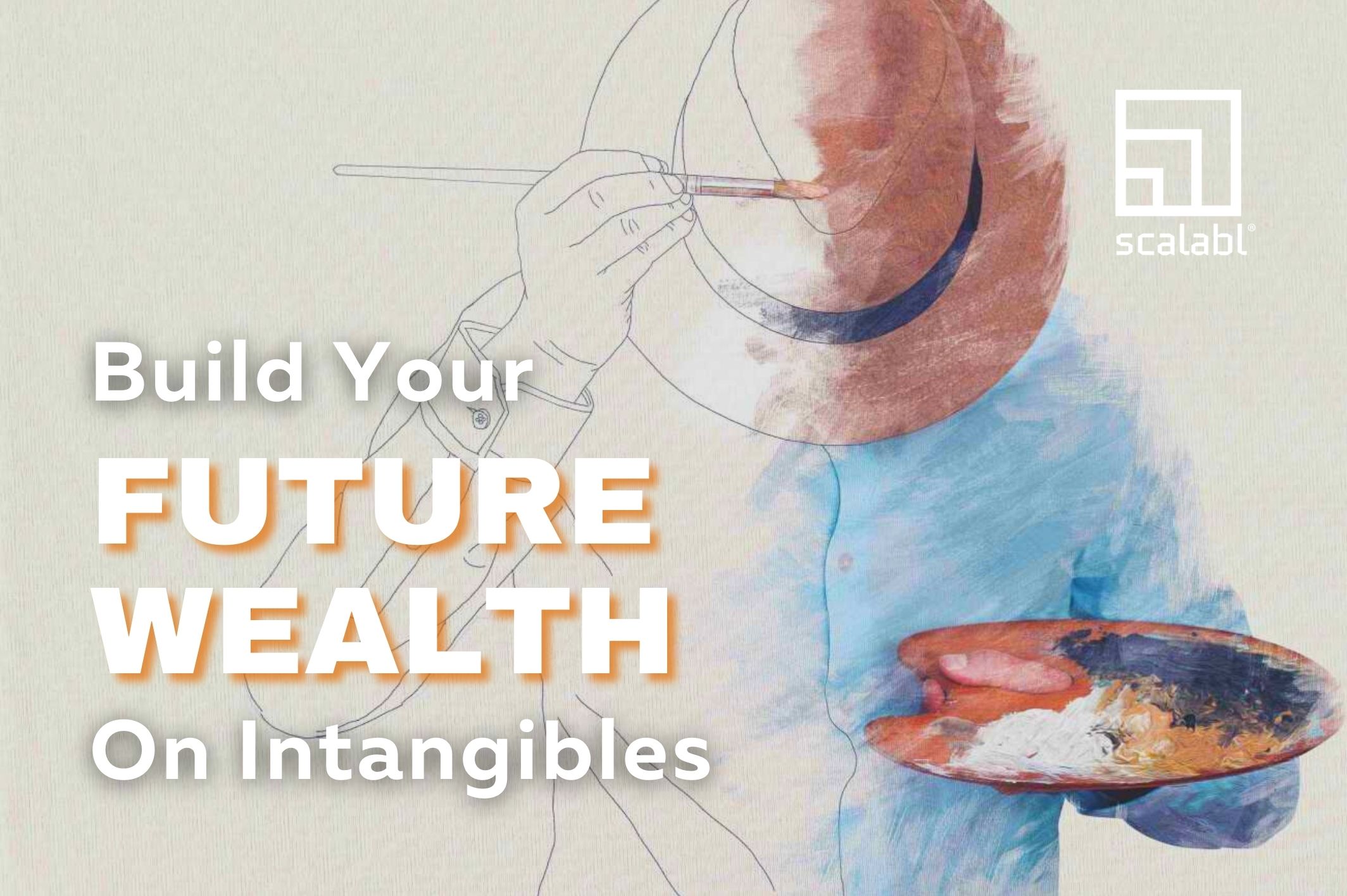
The dream of ownership. Owning a home. A car. My generation grew up with the mindset of achieving security by accumulating tangible assets – typically, investments in real estate.

For some time now, and with varying degrees of awareness, we have been witnessing a process of major disruption. The role of capital in the "new capitalism" has changed dramatically, wreaking havoc on the economy and causing social and political upheaval. Today, wealth built on tangible assets, such as machinery, buildings, land or inventory, holds a great risk – think of commercial property and manufacturing plants with heavy equipment as prominent examples.
While technologies continue to develop at exponential rates and the marginal cost of production increasingly tends to zero, physical goods loose value faster.
Firm in the conviction that this will be the shape of future economy – almost upon us –, I choose to be the owner of nothing other than my business, plus a suitcase, computer and mobile phone. In addition to its strategic advantages, this practice of detachment has other indisputable perks: over the past four years, I've been able to live and work in more than twenty different countries, building relationships, experiencing cultural diversity and growing in knowledge and self-awareness by virtue of continuous learning.
Companies that are paying attention to the impending changes in the economy no longer cling to one industry, and their products and services convey this outlook. Take a look, for instance, at Amazon's Motors division: the e-commerce giant reinvents itself through flexible business models and expands its business even further by targeting car rental – think home delivery and pick-up, insurance, assistance, online lease agreement, etc.
This is one among many examples that point to the downfall of tangible property and the entrenchment of a sharing economy in ever more industries. It is also a striking call to action, encouraging us not only to adapt, but to existentially redesign our lives and our careers in accordance with our purpose.
Against this backdrop, I chose to invest most of my money and time on intangible assets – studying to acquire new knowledge, traveling the world to expand my global company, building relationships and fostering the growth of the powerful and diverse community of people that make up Scalabl. And the decision to build my future wealth on intangibles has become a source of empowerment and enjoyment in the present.
This is indeed what I devised for my life not long ago, as I first heeded the signs of upcoming change. The ever growing and diversifying community of entrepreneurs and business professionals in all industries that I then started is today an invaluable asset for each and every one of its members, who actively collaborate and mutually support themselves not only to achieve their individual goals and purpose but to leave a common legacy to future generations.